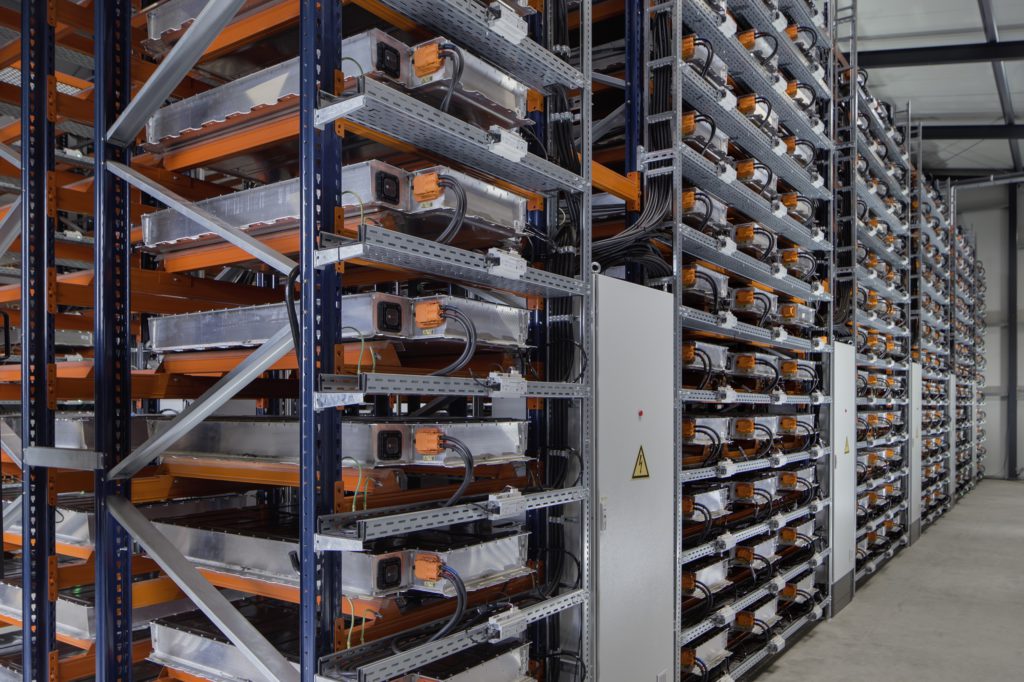US tariffs and CO2 targets could impact EV battery development
14 August 2018

14 August 2018
US automotive policies put in place by the Trump administration are doing nothing to help electric vehicle (EV) battery development in the country.
This is the view of Doron Myersdorf, chief executive of Israeli battery business StoreDot. The company is looking to build a new factory in the US. However, Trump’s tariffs on aluminium and plans to block proposed increases in fuel economy standards for vehicles would slow the growth of the EV industry as a whole in one of the world’s largest automotive markets.
′Production is going to be in China, and they are going to control the world through energy,’ Myersdorf said in an interview. ′This whole tariff game is not helping.’
StoreDot plans to build a factory in the US to build batteries with a 1-gigawatt hour (GWh) of capacity every year, about enough for 30,000 cars, with the potential to expand to 10GWh a year. It aims to make a decision on the location of its US site by the first quarter of next year and be in production in 2021.
However, earlier in 2018, President Trump announced a raft of new tariffs on imports of steel and aluminium to safeguard the industries in the US. This means that an essential material for battery development could end up costing more, making the development of the technology expensive and potentially prohibiting gains in the country.
The Chinese government has identified electric and hybrid vehicles as a priority in its Made in China 2025 industrial strategy, and a wave of investment is pouring into the country’s market. By 2021, China is expected to have 73% of the total world capacity for manufacturing batteries for electric vehicles, according to Bloomberg New Energy Finance.
The Trump administration has expressed concern about the Made in China 2025 strategy, and its new tariffs on imports from China, under Section 301 of the 1974 Trade Act, have been presented as a strategy to prevent Chinese dominance in manufacturing advanced technologies, including batteries and electric vehicles.
Additionally, recent plans to continue with the country’s current automotive CO2 guidelines beyond 2020, rather than introduce tougher targets, are similar to moves in Europe. Under President Obama, plans were made to be stricter on CO2 in an effort to push manufacturers towards EV development. However, with current plans remaining in place, Myersdorf also worries that the electrification of vehicle fleets will suffer, and so will EV battery development in the country.
StoreDot has developed a lithium-ion-based battery technology which enables ultra-fast charging for the mobile and industrial markets. Using this technology, StoreDot is also developing a new type of electric-car battery that will aim to achieve a charging experience that is comparable to the time spent to refuel a traditional car. The company received funding in a $60 million (€52.7 million) round led by Daimler last year, and $20 million (€17.7 million) from BP this year.